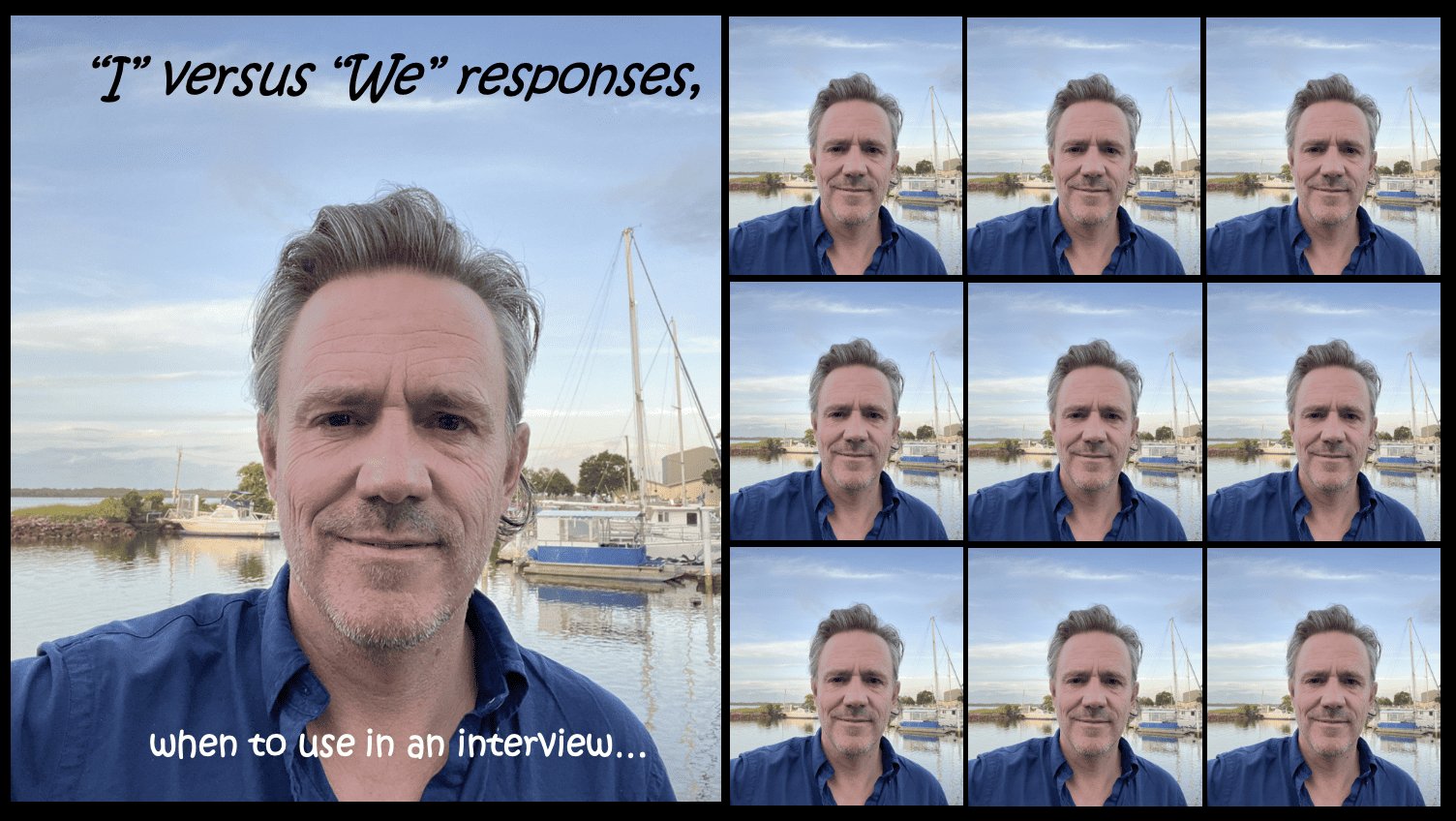
When recently working with someone in the career transition space, I (not we) was asked this great question:
In a job interview, when asked to describe an example, a situation or a project, is it better to say “we” did this…, or, to respond with “I” did this….?
It came up in the conversation as the individual was making reference to, we did this and we did that. In these responses, as the listener, I was confused as to what involvement the person had in describing the work they had either led or had been a part of a team. I was unable to ascertain the particular experience and gifts (or competencies) they were referring to.
The perfect balance of responses, for an impactful and memorable interview, is best when balancing using “I” and “We”, so that:
- you are able to take credit for your personal involvement/outcomes or accomplishments; and
- you can also demonstrate you are a team player who acknowledges the contributions of others.
Interviews for senior leadership roles, would suggest that using “I” led this and “I” had accountability for that, and “I” led a small/large team and “we” created some amazing outcomes etc. Find the balance and get your stories/sharing your experience prepared well in advance.
So how can this be done? It’s all about the well prepared pre work leading into an interview. Being able to recall what are those great examples that demonstrate your transferable gifts?
The more articulate my story, the more memorable the residual impact and the more connected we become.
Imagine this? What if you could have a one pager laid out with your gifts and great stories of projects and situations past, that could support in your connectivity and credibility at the interview stage? What if you could walk into an interview knowing there wasn’t a question that you would not be able to answer?
Developing a storyboard is a tried and true model for mapping out what needs to be said, scene by scene, or chapter by chapter. All great stories need to have some idea of the plot line and what might come next. Our messaging takes the same approach. Know what you want to say before you are faced with the question and then choose the message that you want to send, when asked. It’s more important to understand your responses then to try and anticipate their questions.
Tip – If you want to know how to communicate in a way that meets the needs of both parties, you have to prepare, prepare, prepare.
Happy to test and explore further ideas. Contact me at james@yellowboxcareers.com.au
